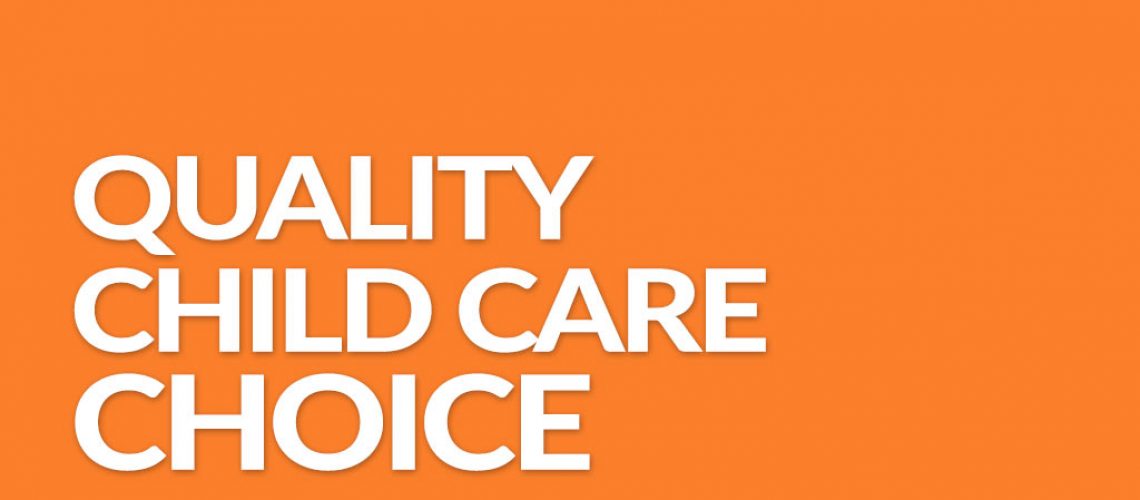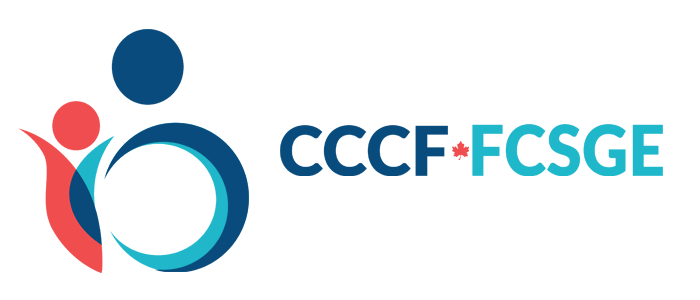Finding and keeping quality child care can be challenging. Where do you start?
What is quality child care?
✓ Child care should support a child’s emotional, social, intellectual and physical well-being. Quality child care is not babysitting.
✓ Child care providers are key to quality child care. They should…
- understand how children grow and learn
- be affectionate and responsive, open and informative
- provide a stable and stimulating environment
- seek out community resources and support
- be willing to develop common goals
” Child care should support a child’s emotional, social, intellectual and physical well-being. Quality child care is not babysitting”
✓ Quality child care settings have common characteristics…
- clean, safe and secure
- a caring, learning environment
- a small number of children with each adult
- space for quiet and active times, indoor and outdoor play
- a balance of interesting activities
- flexible, yet predictable daily routine
- a variety of easily available toys and equipment
- nutritional meals and snacks

How do you find quality care?
✓ First, identify your needs and priorities
- Consider your child’s age.
- Do you have more than one child requiring care?
- Are you eligible for a government subsidy?
- What fee can you afford?
- Do you prefer centre or home based, regulated or unregulated care?
- What hours?
- In what location — near your child’s school, your home, your work?
✓ Provincial and local child care offices can offer guidance. Community information services can be invaluable. It is also helpful to talk to neighbours and friends who use child care. Just give yourself plenty of time and find care that suits you and your child.
✓ Once you have a list of providers and child care centres, it is time to start telephone interviews. Jot down the questions you want to ask.
✓ Visiting potential centres and family child care settings is the next step.
- Look around.
- Is this a quality child care setting?
- Listen.
- Would you feel good about your child spending time here?
✓ The relationship between you and the provider is extremely important.
- It should be one of mutual respect, trust and cooperation.
- The interview is the time to ask plenty of questions.
- Don’t forget to discuss hours, fees, discipline, sickness, vacations, the involvement of parents.
✓ Check references before you make a final decision. And write a contract or letter of agreement — it can save unnecessary misunderstandings in the future.
Being an effective child care parent
✓ A parent’s responsibility does not end with finding child care.
- The three-way relationship between the parent, provider and child requires an ongoing commitment. Communication is vital. Take the time to hear about your child’s day.
- Agree on mutual expectations.
- Voice concerns Express appreciation.
- Live up to the agreement.












